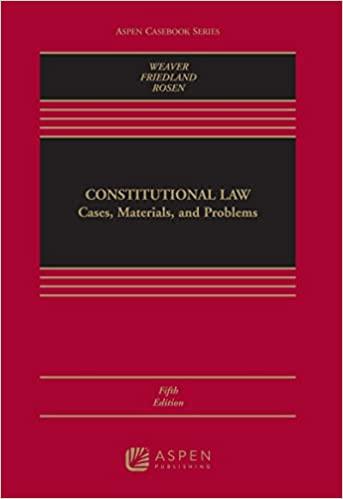Question
Allison has just graduated from the university with a degree in computing engineering and has plans to set up a fintech business in Singapore. Allison
Allison has just graduated from the university with a degree in computing engineering and has plans to set up a fintech business in Singapore.
Allison intends to rope in her best friends to assist her in the administrative matters of the company while she will provide the core technical solutions for customers. It is contemplated that Allison will maintain more than 50% equity interest in the company notwithstanding the possible injection of capital by investors. She will also be the chief executive officer and executive director and expects not more than two other friends to join her on the board.
Separately, Allison wishes to set up a foundation, which will be a separate arm of her business, to drive her favourite charitable causes.
Allison has determined that she should incorporate a company to pursue each of her business and charity ideas. Allison knows that she needs to commit significant time and effort in the initial development of the business, so she wishes to reduce the administrative burden on the company during this stage. She can foresee that once the company has established some track record in its business, she may need to raise funds by bringing in new investors.
Allison has come to you for advice:
(a) Define the types of companies that may be incorporated in Singapore. What are the differences in these companies and their compliance requirements?
Advise Allison on the appropriate form of company that is suitable for pursuing her business and charitable interests. Assume that a different company will be established for each purpose.
(b)
Allison feels that as she is the founder, she needs to hold more than 50% equity
interest in the company and have control over the management of the company.
With the introduction of new investors, she is concerned that there will be interference with management by shareholders and possibly new investors. As a
start-up, her company may not be able to achieve profitability and declare dividends in the short-term. Launches of new products may be delayed due to uncertainties caused by the unforeseen pandemic and (the expected but nevertheless) real competition with the digital banks which have recently been granted licences.
However, the company may still have to pay recurring costs, which includes the payment of "fat" salaries to Allisonand her management team as executive directors of the company.
(i) Outline the rights of minority shareholders against Allison as the majority shareholder and her management team in the situation above. You do not have to consider or discuss the right to commence derivative actions under s 216A of the Companies Act.
(ii) Describe the ways in which Allison can protect herself against any interference from the new investors whom she invites.
Step by Step Solution
There are 3 Steps involved in it
Step: 1

Get Instant Access to Expert-Tailored Solutions
See step-by-step solutions with expert insights and AI powered tools for academic success
Step: 2

Step: 3

Ace Your Homework with AI
Get the answers you need in no time with our AI-driven, step-by-step assistance
Get Started


